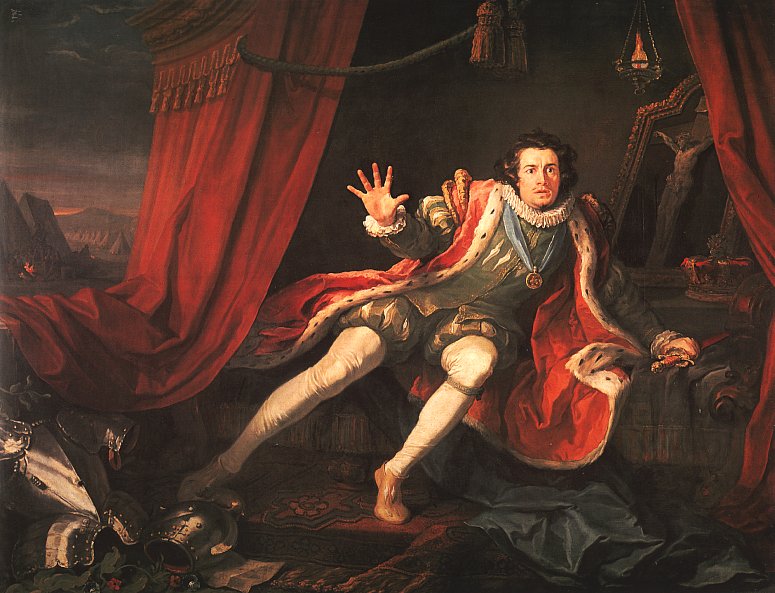Learning Outcomes
I feel like I’ve done fairly well with meeting my goals, but there’s definitely room for improvement. I found myself kind of changing my original reading plan to give it more variety (for example, I didn’t end up sticking with the poetry/art gallery idea for every play because I wanted to experiment with other ideas). I met all my goals for what I would read (I finished all the plays), but I think I could have done better with my blogging about my experiences with them. I feel like the learning outcomes I’ve done a good job meeting are: Engaging Shakespeare Creatively (through poems, art, etc.), Sharing Shakespeare Meaningfully (in that I frequently discuss my experience with my peers—I could do better at capturing that in my blog), Gaining Shakespeare Literacy (in breadth and legacy particularly). I think I need to work a bit more on Analyzing Shakespeare Critically, as well as the performance and depth aspects of Shakespeare Literacy.
Reading and Research
I have read: Hamlet, Richard III, As You Like It, Othello, and the Tempest, and some of the sonnets. Other resources I’ve used have been online sources, such as the Encyclopedia Britannica, Google searches, and the “No Fear Shakespeare” on Sparknotes. I also have used social resources, like when I asked my brother for his thoughts on Othello as an actor.
Personal Impact
For me personally, my study of Shakespeare has been most engaging when I can discuss what I’m learning with friends, and when I can tie it in with my personal creative writing interests. (For example, my poetry post about Richard III made me feel much more connected with the text and I really think that play will stick with me more deeply because I interacted with it.) I also am noticing that one of my favorite ways to read the text is to read it looking for ideas that can be universalized, or ways that the story taps in to the human experience in a deep way.
Personal Evaluation
I think I’ve done a really good job of improving my life-long learning skills, and tying the texts into my own thoughts and life in a powerful way. I think I could do better at researching and at tying in my experience to others in the class (linking, learning from others’ posts, tagging my posts with learning outcomes, etc.)
Peer Influence
Jessica V: I find she tends to have really original ideas, and even posted an entire list of them, which I found really helpful and fun.
Martin M: Left a comment on my blog with a little bit deeper question than normal, which made me think and was fun to reply to.



